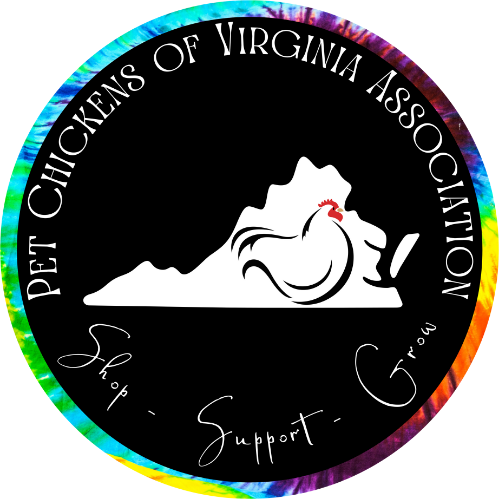[bdp_post limit=5]
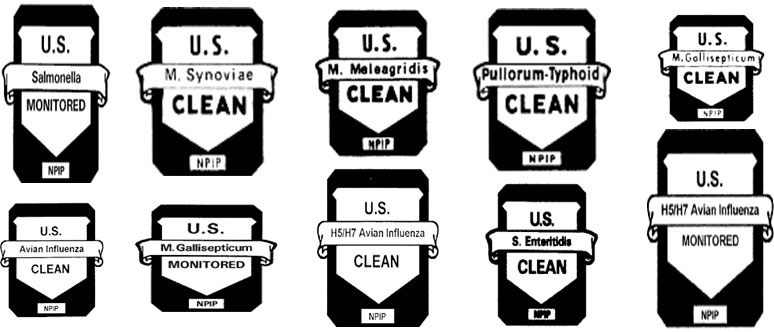
The basics…
For poultry breeding flocks, baby chicks, poults, hatching eggs, hatcheries, and dealers, the NPIP is a voluntary State–Federal cooperative testing and certification program. It was established in 1935 with a three-pronged goal of certifying breeding stock, improving bird performance, and eradicating bacillary white diarrhea (caused by Salmonella pullorum). The NPIP’s goal is to establish a collaborative State–Federal program for the successful application of new technologies to the improvement of poultry and poultry products. They work to set guidelines for the evaluation and testing of chicken breeding stock, newborn chicks, poults, and hatching eggs for disease resistance.
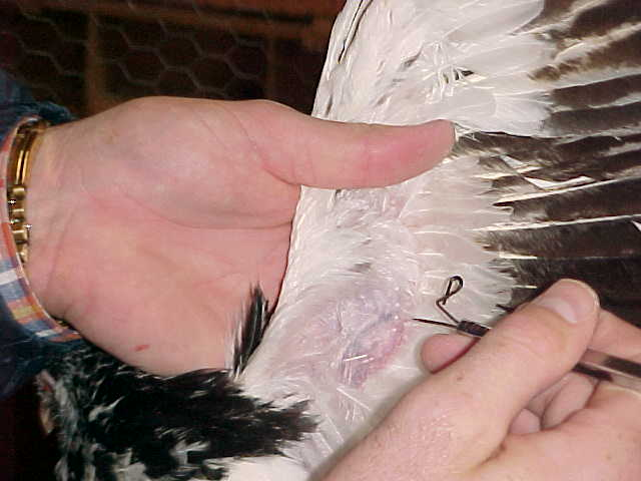
So, what does it test for?
The diseases covered by the NPIP are:
- avian influenza (fowl plague) and those produced by S. pullorum (pullorum disease),
- S. gallinarum (fowl typhoid),
- S. enterica var. enteritidis,
- Mycoplasma gallisepticum (MG, chronic respiratory disease, and infectious sinusitis in turkeys),
- M. synoviae (MS, infectious synovitis), and
- M. meleagridis (MM, day-old airsacculitis).
Furthermore, the NPIP offers initiatives like “US Salmonella Monitored” and “US Sanitation Monitored” that aim to reduce the frequency of salmonella germs in hatching eggs, chicks, and poults by implementing effective and practical sanitation practices at the breeder farm and hatchery.
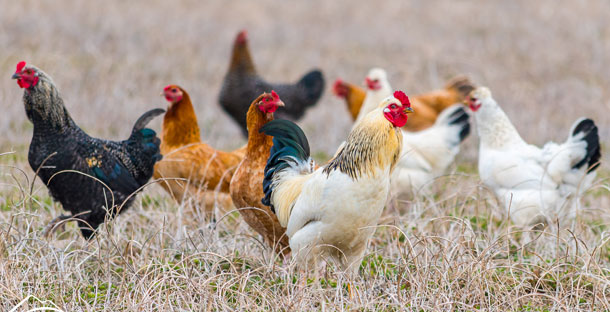
What is tested?
The NPIP defines poultry as domesticated fowl such as chickens, turkeys, ostriches, emus, rheas, cassowaries, ducks, and game birds (excluding doves and pigeons) that are raised primarily for egg and meat production.
The NPIP has three categories of participants: independant flocks, hatcheries, and merchants. Hatching eggs, young chicks, poults, and pullets are among the poultry products certified by the NPIP.
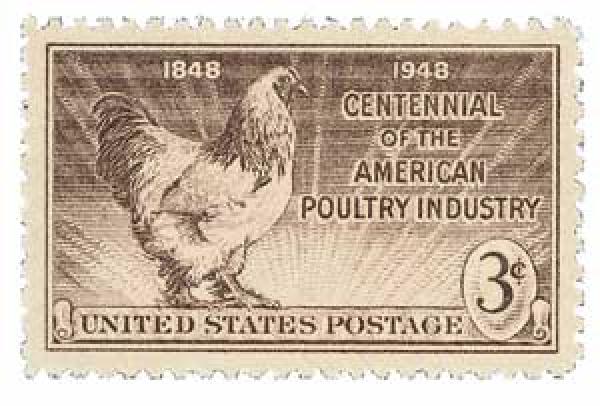
What about crossing state lines?
The great majority of US states now forbids the importation of any of exports of the poultry and poultry products unless they are pullorum-typhoid free. In essence, such bans mean that poultry or hatching eggs being moved or shipped across state lines must either join in the NPIP’s “U.S. Pullorum-Typhoid Clean” program or be tested negative for pullorum-typhoid before leaving their home state. Fifteen states demand that all turkey shipments arrive in MG-free condition. In practice, this means that turkeys going across state lines must either join in the NPIP’s “U.S. MG Clean” program or be tested for MG prior to shipment.
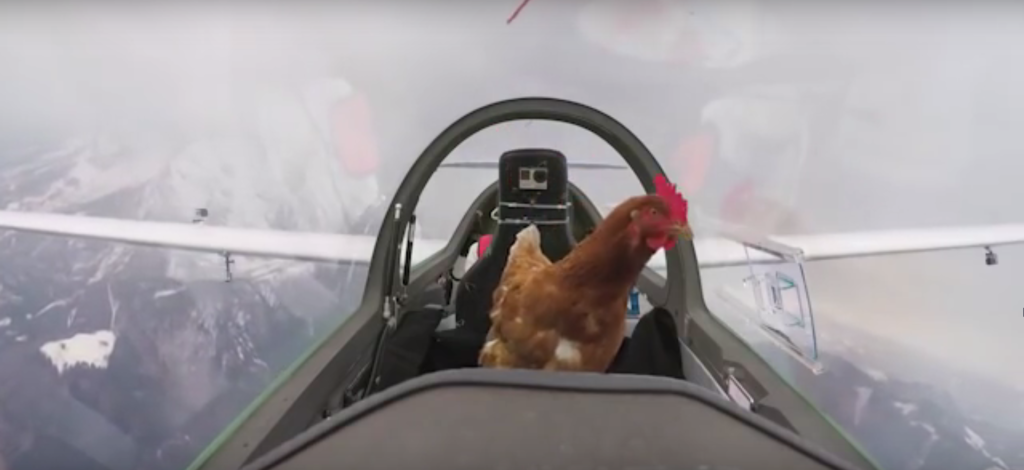
Can I send or receive from out of the country?
NPIP participation is also required by the majority of US trading partners who import poultry and products from the US. Accredited veterinarians may be asked to inspect and give health certificates to breeder flocks participating in the NPIP to ensure compliance with the standards.

How do I know who participates in NPIP?
“The Animal and Plant Health Inspection Service protects and promotes U.S. agricultural health, regulates genetically engineered organisms, administers the Animal Welfare Act, and manages wildlife damage.” APHIS publishes a database of participants who handle egg-type and meat-type chickens and turkeys, as well as a directory of participants who handle waterfowl, exhibition poultry, game birds, and ratites every spring. These directories identify NPIP participants, including hatcheries, independent flocks, and dealers, as well as the products they handle and disease classifications they participate in.

Where can I find more info?
More about the NPIP program can be found on their website:
